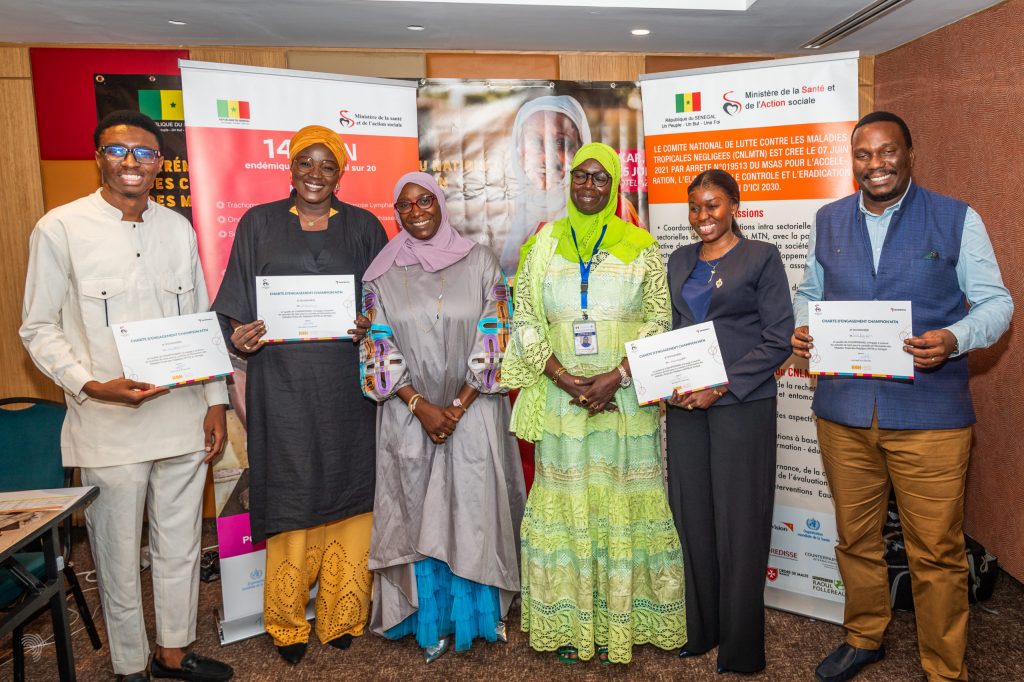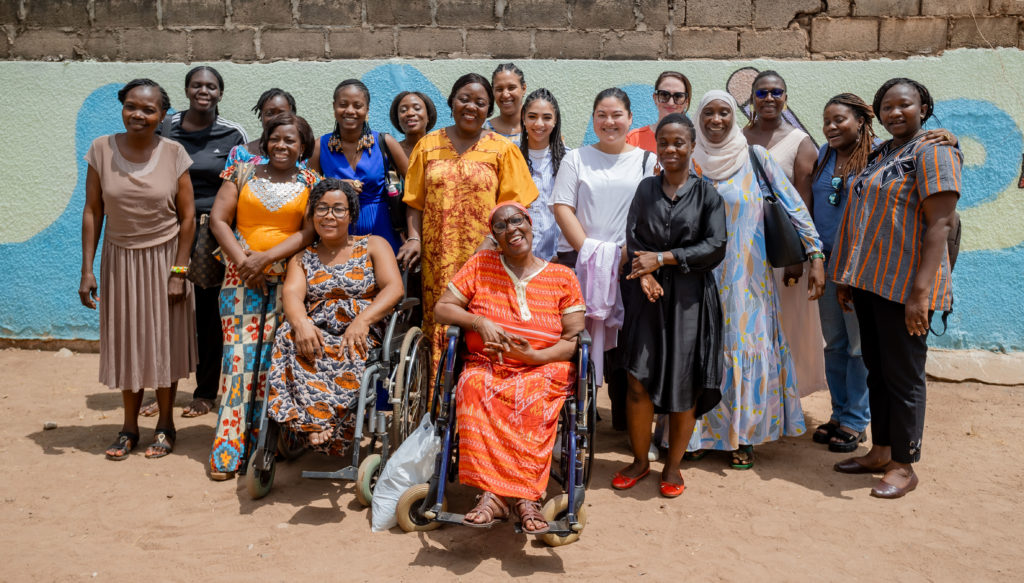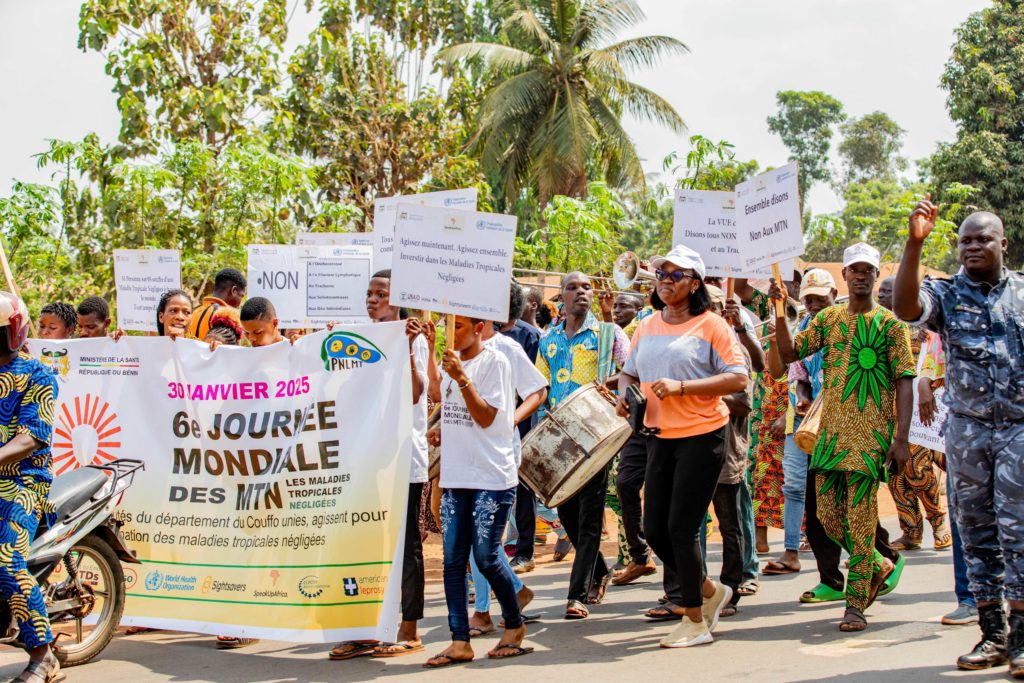Policymakers and influential civil society leaders launch the National Network of Champions for the Elimination of NTDs in Senegal

Dakar, July 25, 2024: As part of its partnership with CIFF, which is an independent philanthropic organization, Speak Up Africa has launched alongside the Ministry of Health and Social Action, the national network of Champions in the fight against NTDs. This new network is intended to be a synergistic multi-stakeholder framework for the implementation of advocacy actions for the elimination and control of NTDs in Senegal.
By bringing together parliamentarians, artists, journalists and civil society leaders, this network is committed to energizing existing efforts and promoting initiatives to accelerate policy change and resource mobilization efforts for NTDs. This platform will also catalyze and highlight all the interventions and successes achieved in the fight against Neglected Tropical Diseases in Senegal.
The Director of Programs of Speak Up Africa, Dr. Astou Fall
Today, all the champions have had a much better knowledge of the endemicity and extent of NTDs in Senegal, because the country is affected by 14 of the 21 NTDs identified in the world are present. They are present in all regions of Senegal and affect the most vulnerable segments of society, usually children and women. Today, it is high time that the government and all local authorities invest more in the prevention and treatment of NTDs because they are not expensive.
Honourable Parliamentarian Mame Gueye Diop, Chair of the Committee on Health, Population, Social Affairs and National Solidarity.
Neglected tropical diseases (NTDs) are a diverse group of 21 diseases that are prevalent primarily in tropical areas, where they affect more than one billion people living in the poorest communities. They are said to be neglected due to insufficient attention, funding and research efforts because they are mostly absent from the global health agenda compared to other pathologies that benefit from greater media coverage. NTDs have very limited resources and are almost ignored by global funding agencies.
These diseases are a set of infectious diseases that are particularly prevalent among populations in tropical and coastal areas, where environmental conditions are conducive to their development. Their impact is profound, causing significant social, economic and health harm, and thus perpetuating a cycle of poverty and disease among the affected communities. Despite their devastating impact, NTDs are preventable and treatable with simple, low-cost solutions.
Dr. Ndeye Mbacké Kane, National Coordinator of the National NTD Program
Investments in the fight against neglected tropical diseases are among the most profitable in the field of public health, with an estimated net benefit for those affected of about $25, or 15,000 CFA francs for every dollar invested. Measures put in place to combat NTDs have a positive impact on communities, including better education, health and employment outcomes. It is in this context that the launch of the National Network of NTD Champions is taking place to strengthen awareness around NTDs and accelerate the mobilization of domestic resources for the control and elimination of these diseases. The meeting was attended by representatives of the Director General of Health, the Director of the Fight against NTDs and the Head of the Partnership Division of the Ministry of Economy, Planning and Cooperation. It should be noted that the network is composed of the artist Baba Maal, artist, singer, MP Mame Gueye Diop, President of the Health Committee of the National Assembly, the TFM journalist and writer Faty Dieng, the co-founder and executive director of the Senegal Youth Consortium Sobel Aziz Ngom and the Senegalese national champion slammer, Meïssa Mara.


